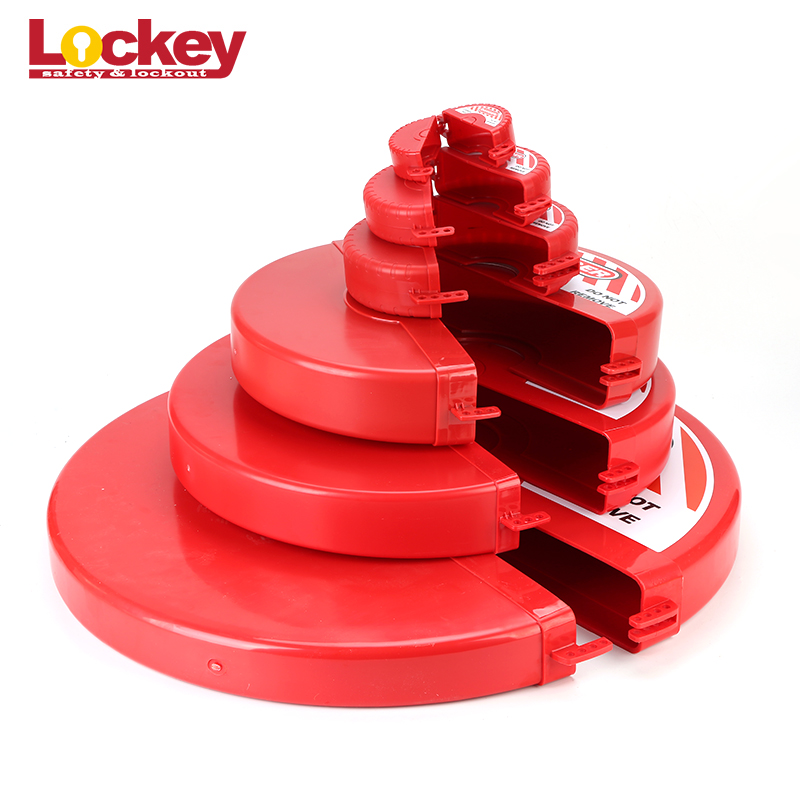Introduction:
Valve lockout devices
are crucial tools in ensuring the safety of workers in industrial
settings. These devices help prevent accidental release of hazardous
materials, protect workers from injuries, and comply with safety
regulations. In this article, we will discuss the importance of valve
lockout devices and why they are essential in any workplace where valves
are present.
Key Points:
1. What are Valve Lockout Devices?
Valve
lockout devices are specially designed tools that are used to secure
valves in the closed or open position. These devices are typically made
of durable materials such as steel or plastic and are designed to fit
over the valve handle or lever to prevent unauthorized operation.
2. Why are Valve Lockout Devices Important?
Valve
lockout devices play a critical role in ensuring the safety of workers
in industrial settings. By securing valves in the closed position, these
devices help prevent the accidental release of hazardous materials,
such as steam, gas, or chemicals. This can help prevent workplace
accidents, injuries, and even fatalities.
3. Compliance with Safety Regulations
In
many industries, the use of valve lockout devices is required by law to
comply with safety regulations. OSHA, for example, mandates the use of
lockout/tagout procedures to prevent the unexpected energization or
startup of machinery and equipment during maintenance or servicing.
Valve lockout devices are an essential part of these procedures and help
ensure compliance with safety regulations.
4. Protection of Workers
Valve
lockout devices help protect workers from injuries caused by the
accidental release of hazardous materials. By securing valves in the
closed position, these devices prevent workers from coming into contact
with dangerous substances or being exposed to high-pressure steam or
gas. This can help reduce the risk of burns, chemical exposure, and
other workplace injuries.
5. Prevention of Equipment Damage
In
addition to protecting workers, valve lockout devices also help prevent
damage to equipment and machinery. Accidental valve operation can cause
equipment malfunctions, leaks, and other issues that can lead to costly
repairs and downtime. By using valve lockout devices, companies can
prevent these problems and ensure the smooth operation of their
facilities.
Conclusion:
Valve
lockout devices are essential tools in ensuring the safety of workers
in industrial settings. These devices help prevent accidents, protect
workers from injuries, comply with safety regulations, and prevent
equipment damage. By investing in quality valve lockout devices and
implementing proper lockout/tagout procedures, companies can create a
safer work environment for their employees and avoid costly accidents
and downtime.
